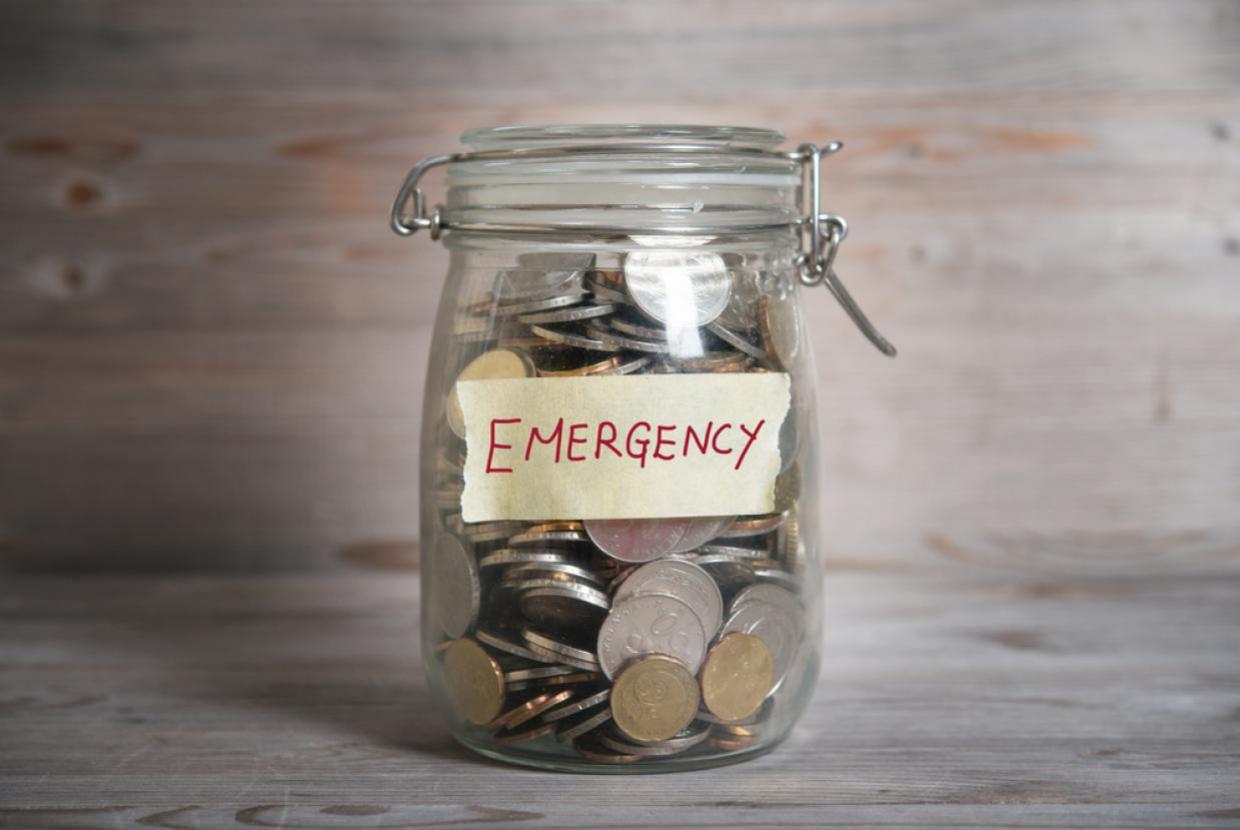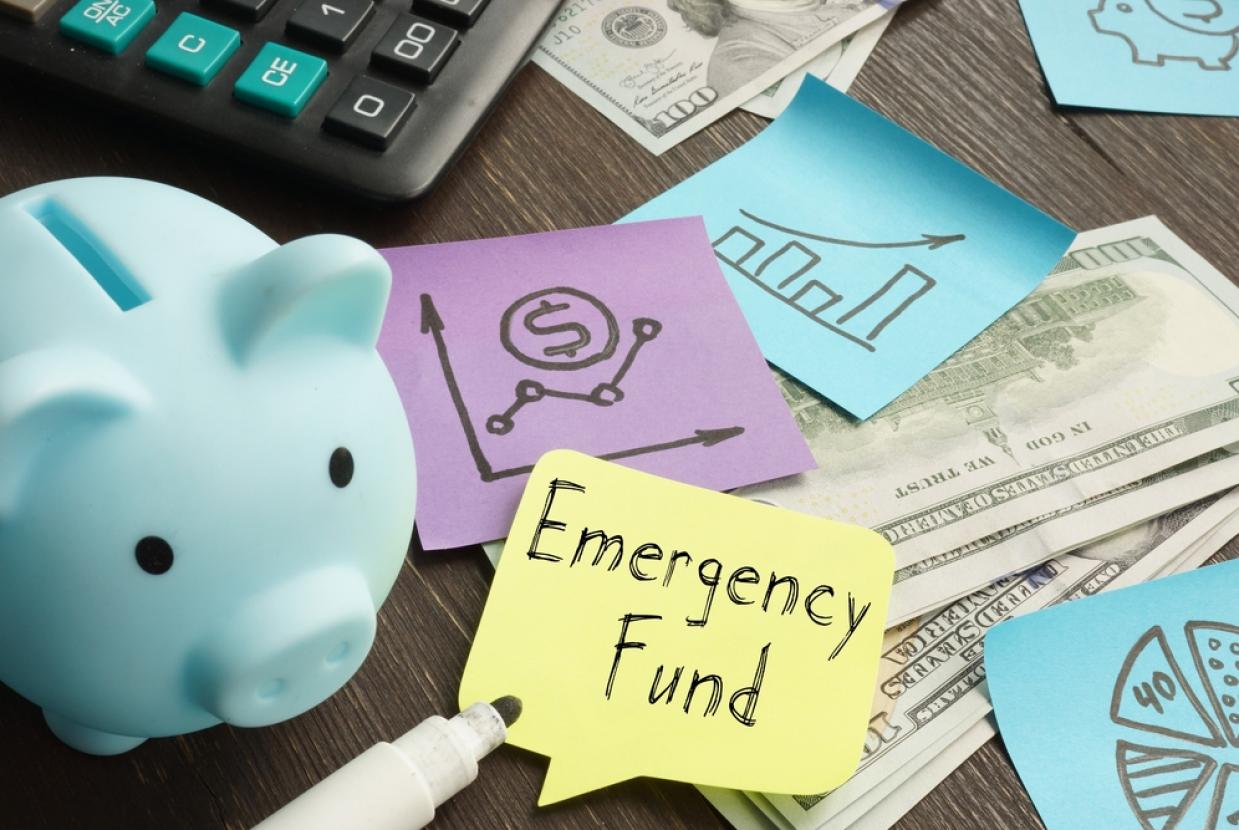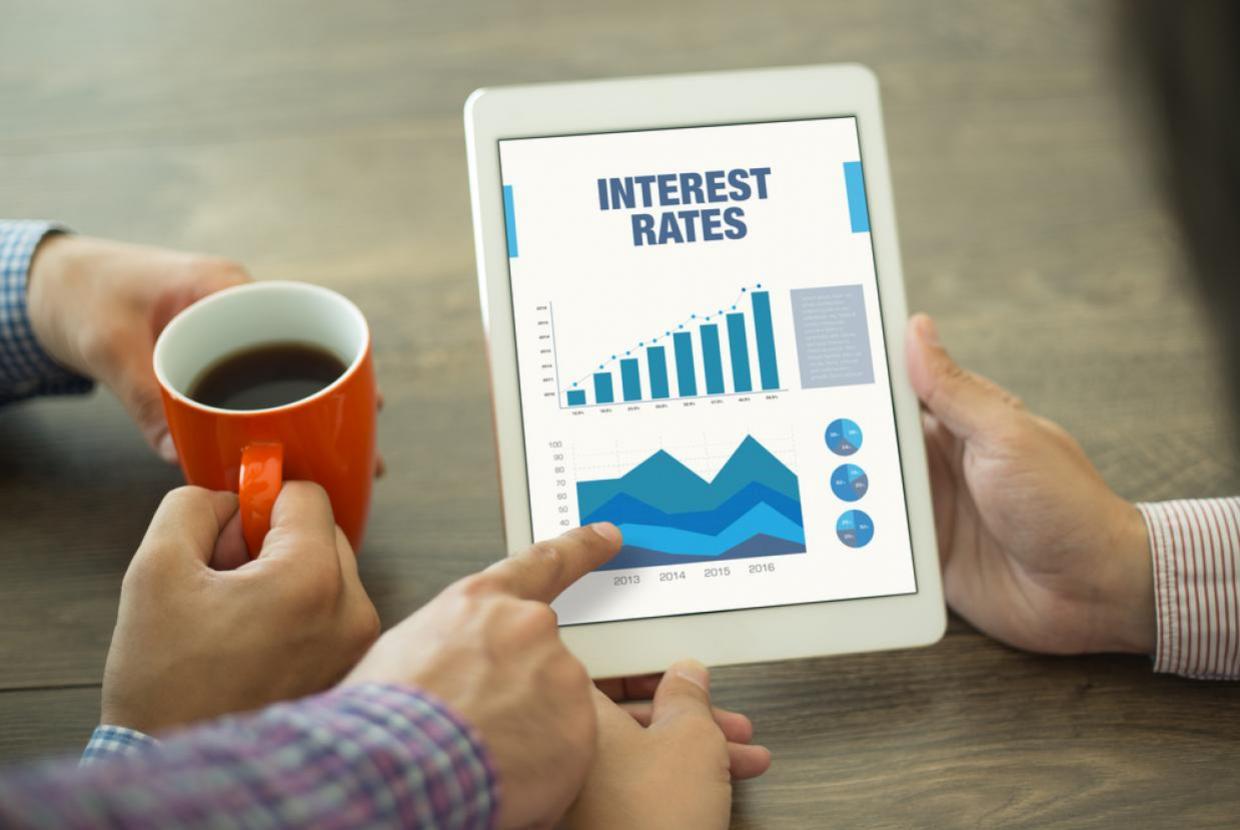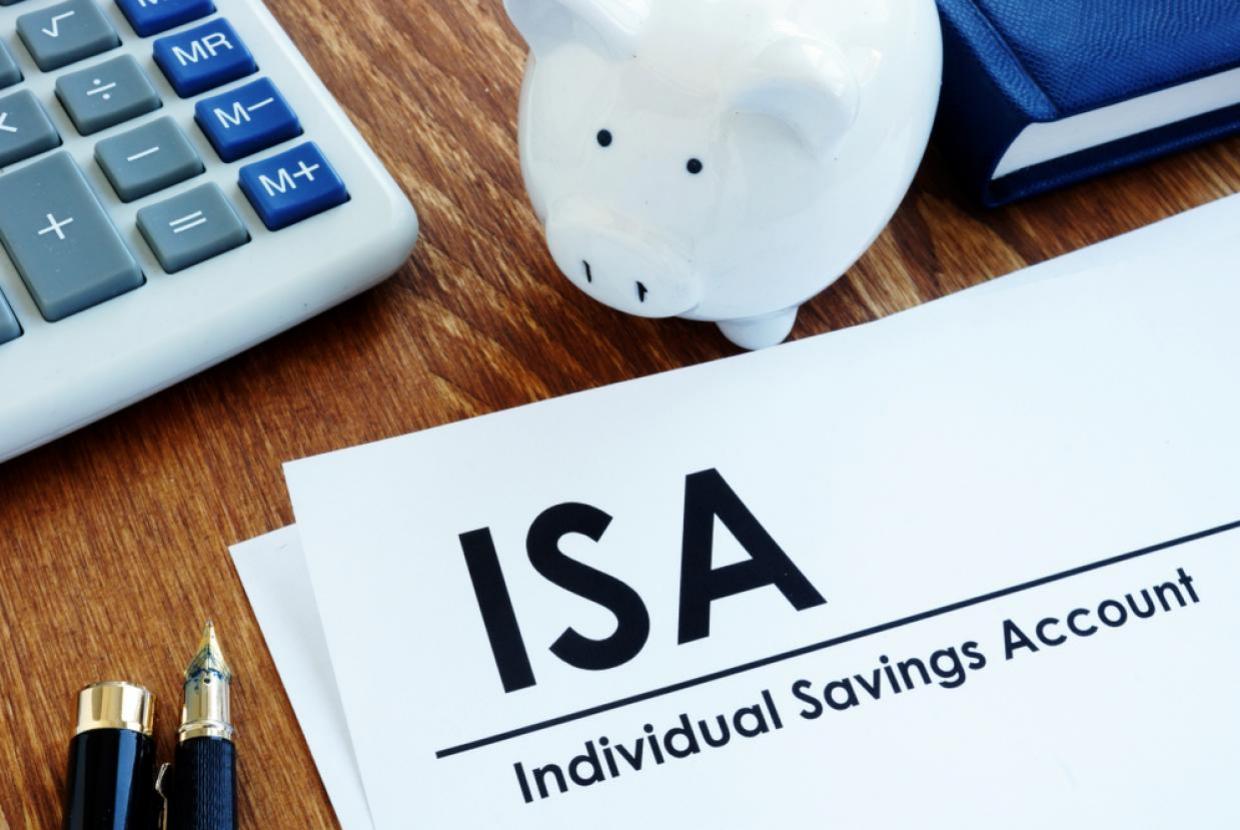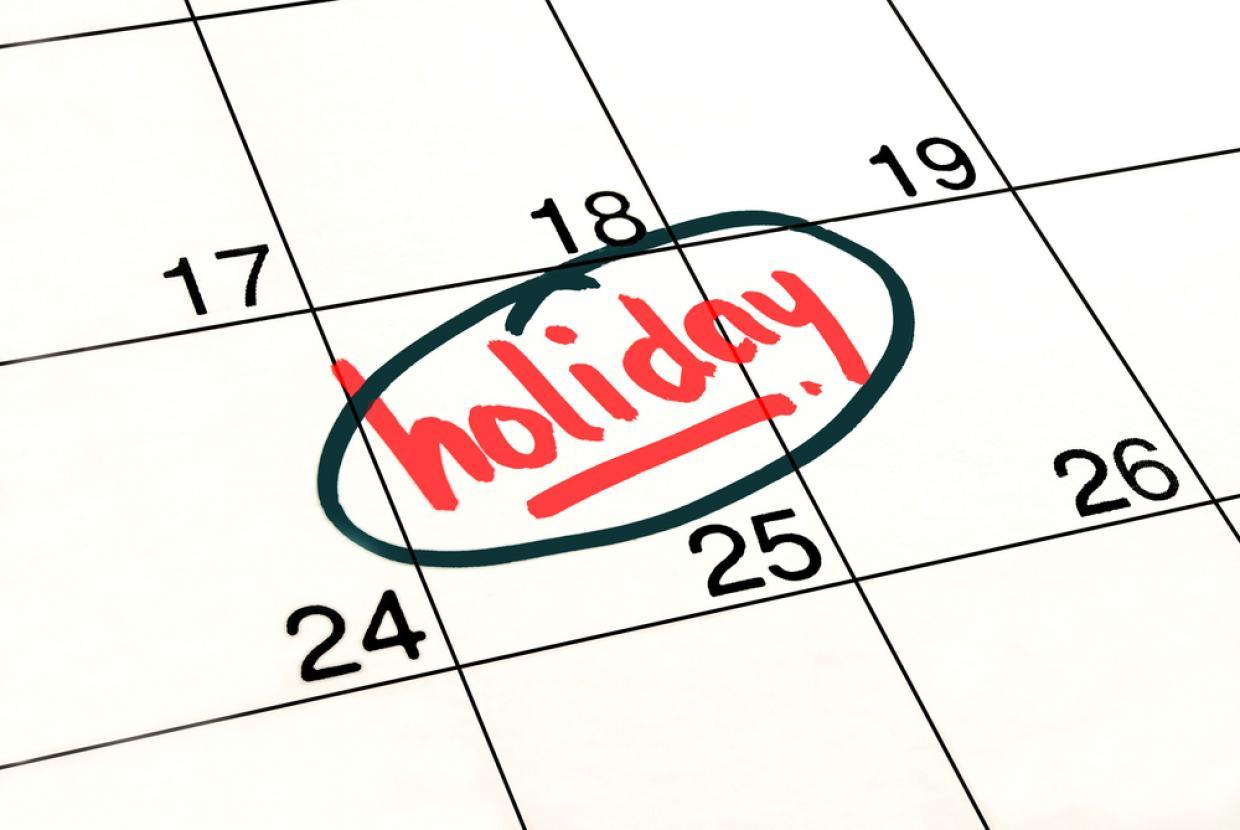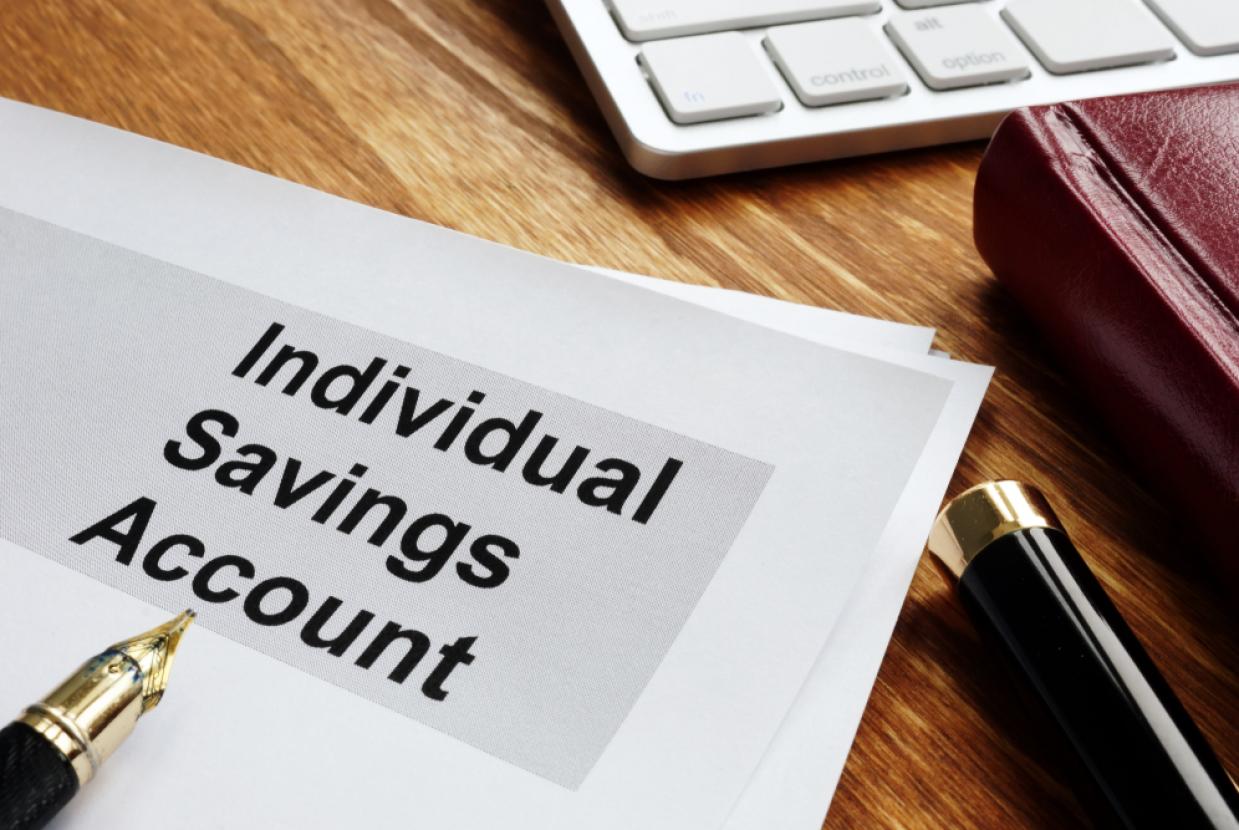Are You Getting The Best Rate For Your Savings?
SavingsA new report shows that Brits aren’t getting the most out of the interest on our savings. Find out how to make your account more rewarding.
Why should I switch accounts?
Interest rates have shot up over the last couple of years – top rates are now ten times higher than they were. Yet to get them you usually need to move your money.
According to The FCA, in December 2023 the average interest rate for instant access savings was 1.99%, and 3.52% for fixed rate accounts. While this is higher than the same numbers earlier this year, there are quite a few accounts paying 5% or more in interest for both fixed and instant access accounts.
Rising interest rates might mean that you’re spending more on your mortgage or other borrowing, but it can also earn you a bit extra on your savings. This is why it’s so important to switch where you keep your money.
How to boost your interest rate
There are a few ways you can access better rates on your savings. If eligible you could earn up to 50% back on what you save.
Here’s how:
- Make sure you're using the right type of account. If you're eligible you can earn up to a 50% bonus with a Help to Save account or 25% with a Lifetime ISAOpens in a new window
- Check what your savings currently pay. You can usually find the rate and if there are any restrictions or penalties for withdrawing cash:
- via online and mobile banking
- checking statements
- Compare against the top paying accounts:
- Choose a new account to open. Most of the top rates are available to open online and can often be opened in a few hours.
- Move your money. Use your new account details to transfer or pay in money.
If you have a fixed-rate savings account or bond, you’ll usually have to wait until it matures (ends) before you can do this. Other types of account should let you move money more freely, but always double check before starting.
Be prepared to move your money again
The top savings rate can change several times a day, with different banks competing to be the best. So it’s a good idea to regularly check if your rate is beaten elsewhere.
Your bank might not increase your rate automatically
Even if you spot your bank as the top payer, you might still need to act. While some banks have one interest rate for all customers, others create new ‘versions’ so only new customers (or existing customers that ask) get the higher rate.
Help finding the best savings account for you
Here’s some extra help if you’re new to savings or not sure where to start.
Before choosing an account
There are three key things to check first:
1. Do you have any debt?
Borrowing usually costs more than savings will pay, so any spare money is usually better spent clearing debt. See How to reduce borrowing on credit for full help.
2. Can you open accounts that offer a government bonus?
If you’re eligible you can earn a 25% bonus towards buying your first home or retirement when you open a Lifetime ISA. You need to be aged 18-39 to open an account and there’s a penalty for making withdrawals.
Help to Save accounts offer a bonus of up to 50% on your savings. If you get certain benefits you can save up to £600 a year and get a £300 bonus on it. Check if you can open an account and how it works in our guide Help to Save explained.
3. Will you pay tax on savings interest?
Most people can earn a certain amount in savings interest each tax year (6 April to 5 April) without paying tax, based on your annual income. Find out more about if you’ll need to pay tax on your savings in our guide How tax on savings and investments works
Types of savings account
Which is best will depend on what you want to do:
Pay in and withdraw money whenever
- Instant and easy access – these accounts can be a good idea if you’re getting started with savings and might need to dip into them.
- Easy-access cash ISA – all interest is tax-free, you can save up to £20,000 before 6 April.
- Premium Bonds – no interest, instead you’re entered into a monthly prize draw.
Work around restrictions to maximise the return
- Lifetime ISA – offer a 25% bonus on savings used for retirement or buying a first home, you need to be aged 18 to 39 to open one.
- Help to Save - if you claim certain benefits you can save up to £50 a month for four years and earn a 50% government bonus.
- Regular savings – let you save a set monthly amount in return for a higher interest rate, but you might not be able to withdraw money.
- Fixed rate savings bonds – guarantee an interest rate for a set period between six months and seven years, but you can’t withdraw your money until the end.
- Fixed rate cash ISA – a guaranteed interest rate between one and five years, interest is tax-free and you can usually withdraw for a fee
- Notice accounts – to take out money you’ll usually need to give between 30 and 120 days’ notice.
Interested to learn more?
- Click here to view our Cost Of Living content.
- Click here to view our Savings content.
- Click here to view our Managing Your Money content.












